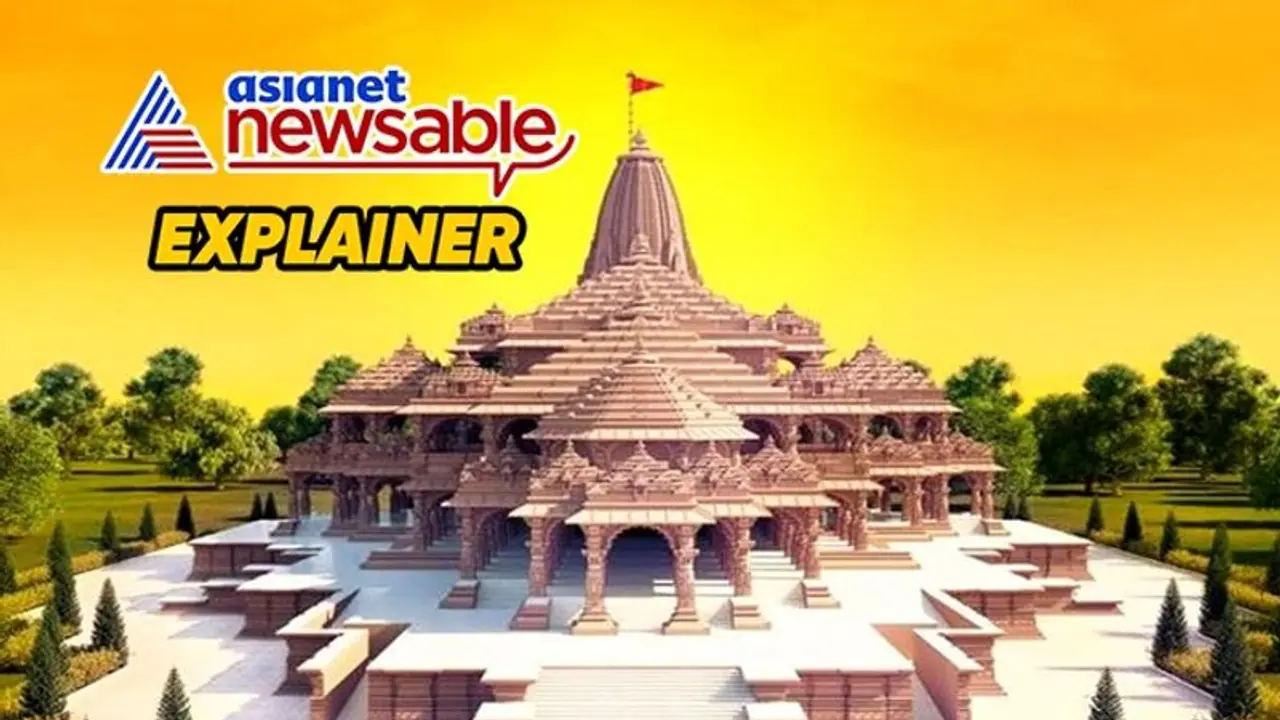While the consecration ceremony of Ram Mandir comes close, here's how the date and time chosen are related to lord Ram.
On January 22, 2023, the world will witness the consecration of Ram Lala in the newly constructed Ram Temple in Ayodhya at 12:20 p.m. This is said to be one of the biggest events in India and while the date comes close, people are suspecting as to why the particular date and time has been chosen. The date and time have significance which is related to lord Ram.

The auspicious date and time
The consecration ceremony of Ram Mandir in Ayodhya will take place on January 22 at 12.20 p.m. The period was picked because it corresponds to 'Abhijeet Muhurat' according to Hindu Panchang. Lord Ram is said to have been born during the 'Abhijeet Muhurat'. The date coincides with the timings of 'Mrigashirsha Nakshatra,' 'Amrit Siddhi Yoga,' and 'Sarvartha Siddhi Yoga'.
The fortunate Mrigashira Nakshatra will begin at 3:52 a.m. on Monday (January 22, 2024) and last until 4:58 a.m. on Tuesday, January 23, 2024. This celestial occurrence is seen to be favorable for the Pran Pratishtha ritual (consecration) of the Ram Lalla deity. On 22 January 2024, Abhijit Muhurat is from 11:51 a.m. until 12:33 p.m.
What is Mrigashira Nakshatra
Mrigashira Nakshatra is one of the purest and is associated with the deity Soma, also known as the 'God of Immortality'. It is symbolized by a deer, which represents the never-ending hunt for inner nectar and relates to the desire for profound knowledge and experience.
Mrigashira, the planet controlled by Mars, is known for its bustle and continual mobility. Mrigashira is considered auspicious in Hindu tradition for a range of rites. Its beneficial effect begins on January 22, 2024, and lasts until the morning of January 23, 2024.
About Ayodhya's Ram Mandir
The Ram Mandir is a Hindu temple being built in Ayodhya, Uttar Pradesh, India. It is situated on the location of Ram Janmabhoomi, the reputed birthplace of Lord Ram. The site is the previous location of the Babri Masjid, which was constructed following the demolition of an earlier non-Islamic edifice.
In 2019, the Supreme Court of India issued a unanimous decision to give Hindus the contested land for a Ram temple, while Muslims would be allocated land nearby to build a mosque. The court cited an Archaeological Survey of India (ASI) study as evidence indicating the presence of a non-Islamic structure beneath the demolished Babri Masjid.
